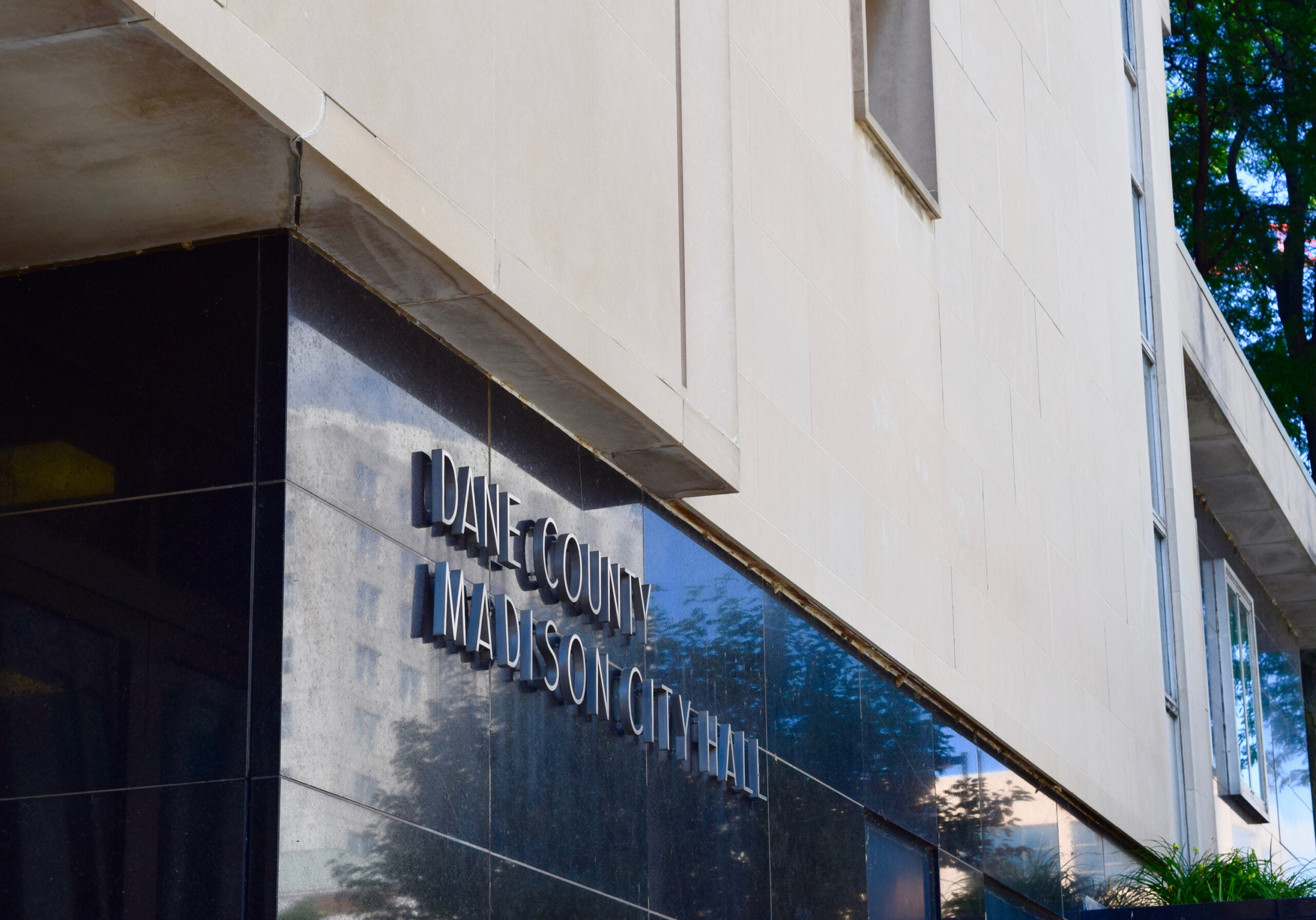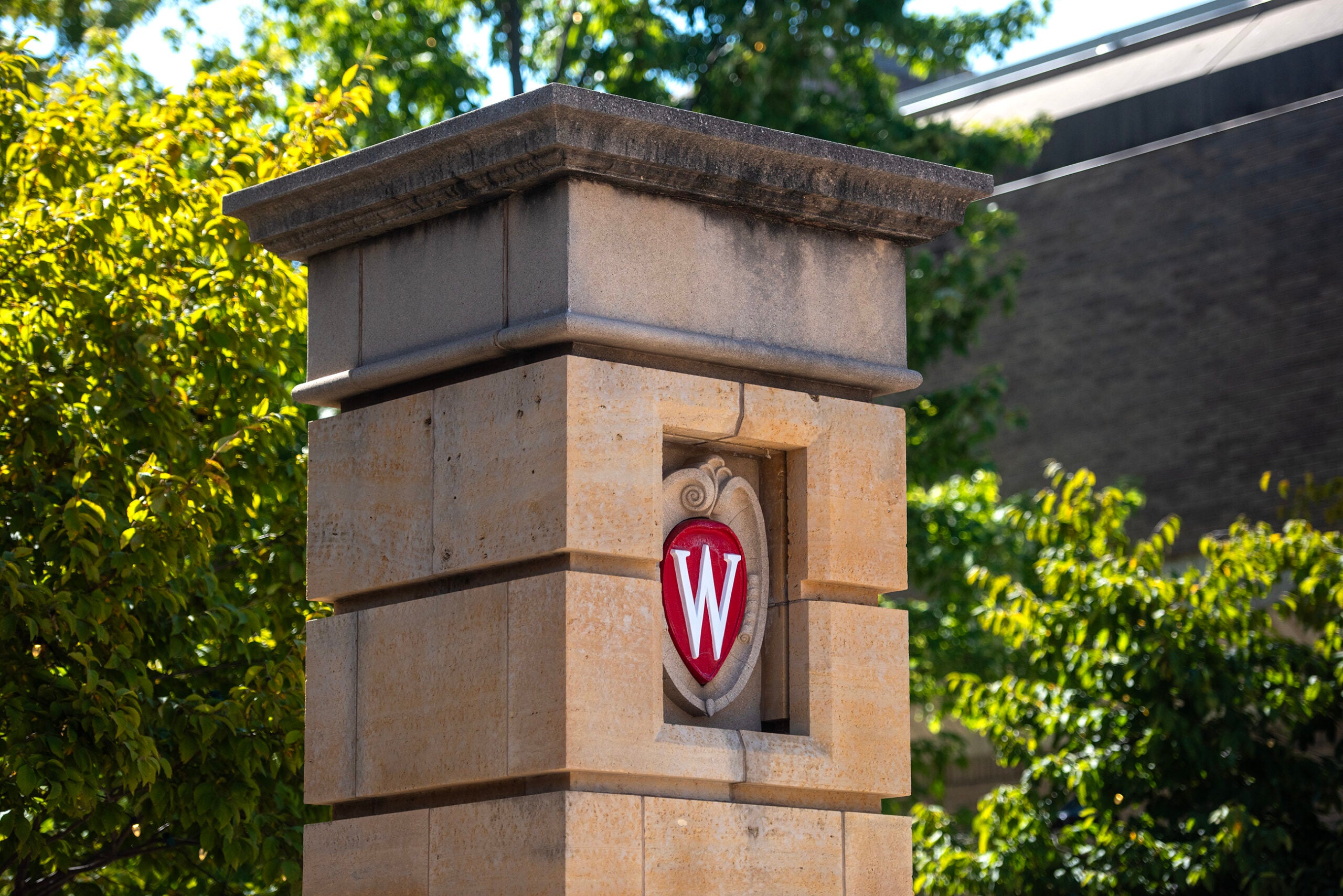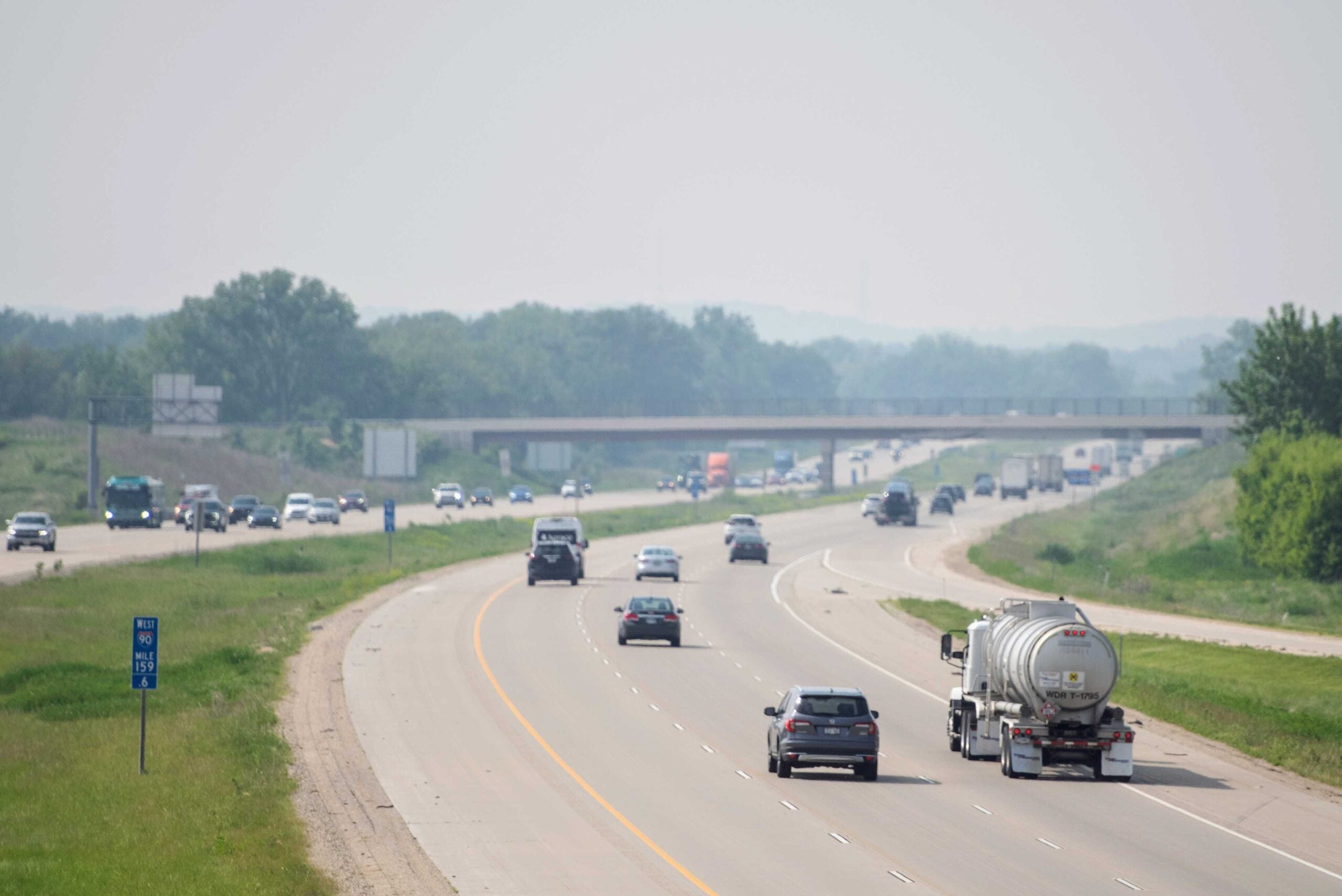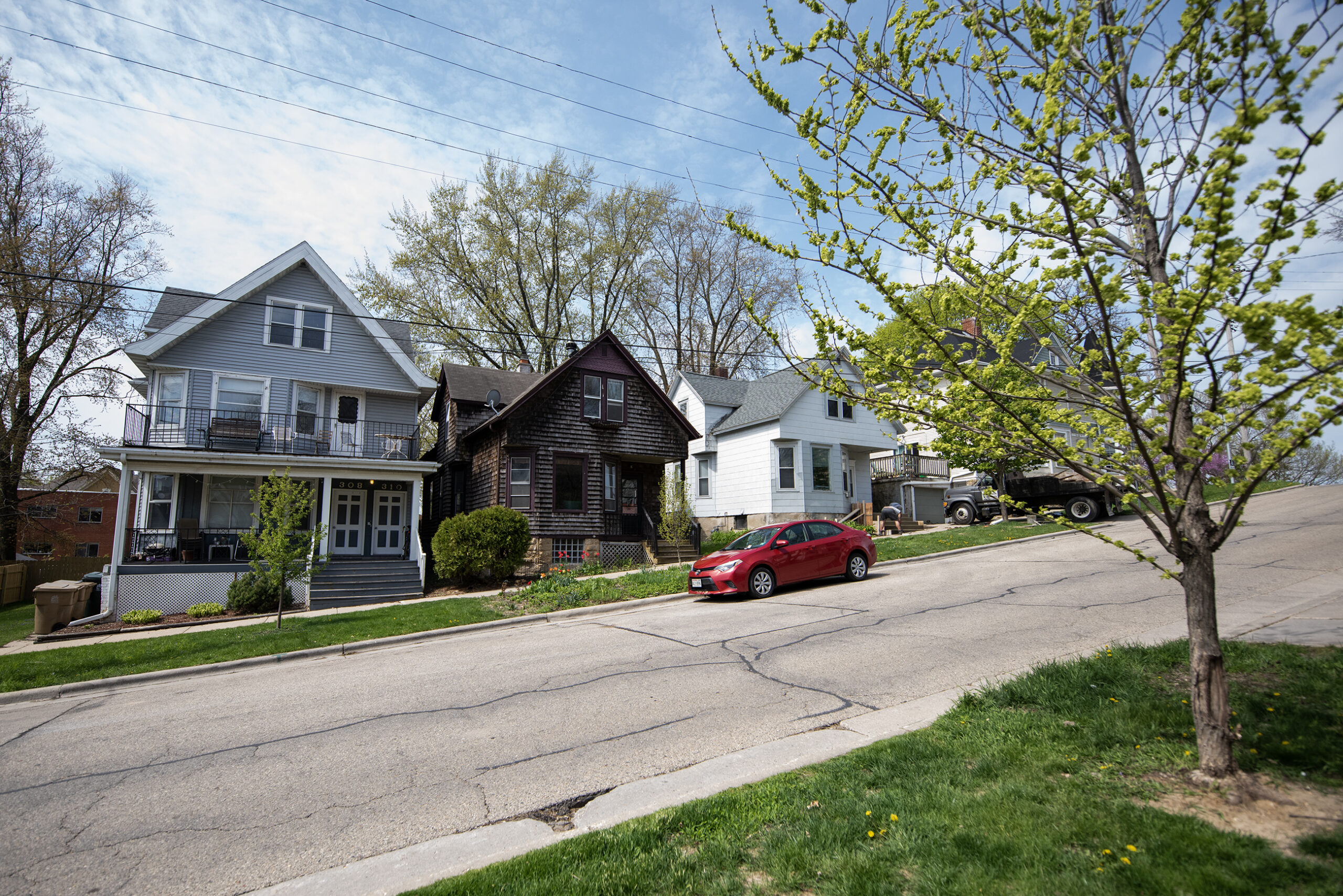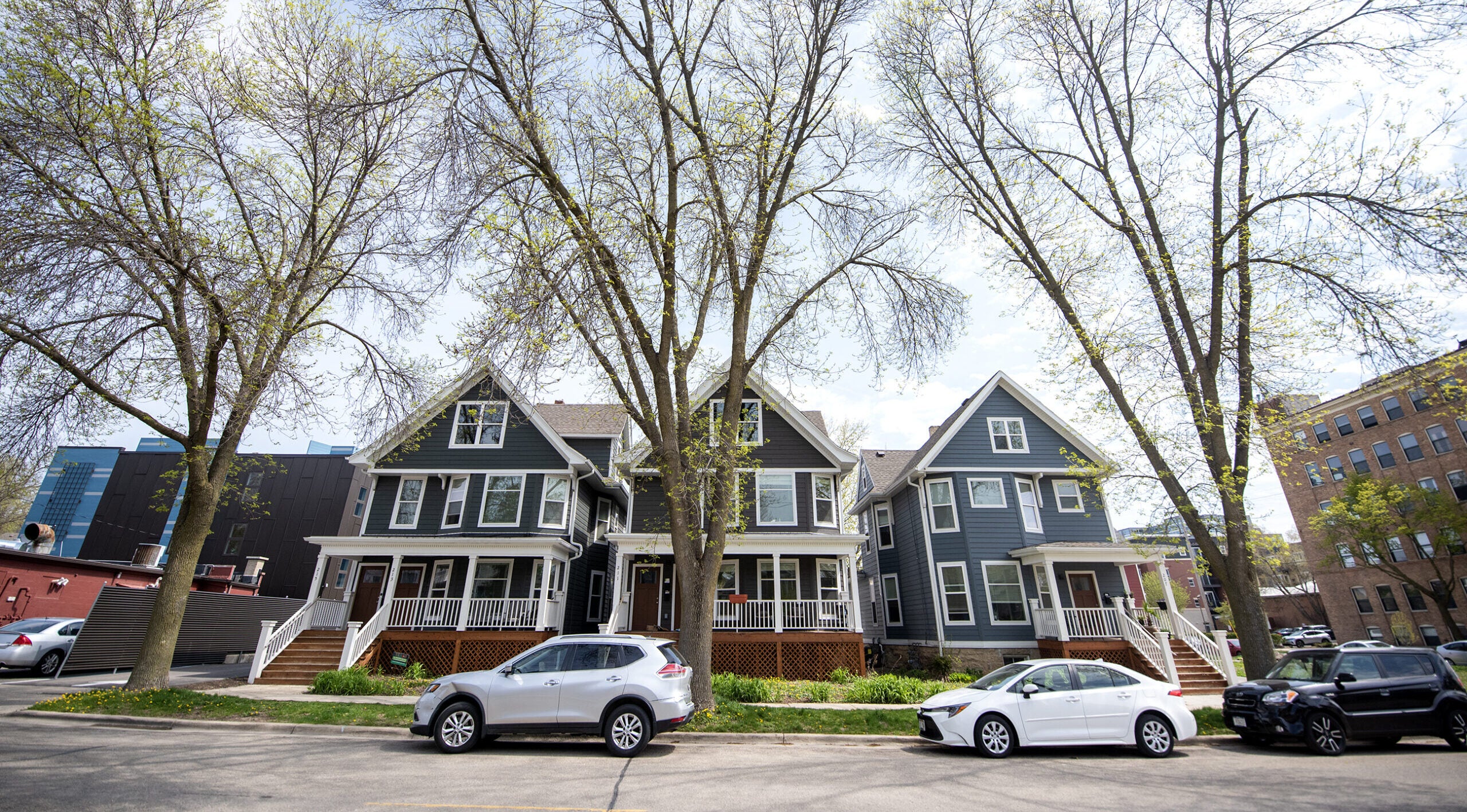Next month, Madison voters will vote on an April 6 advisory referendum which could pave the way for it to become the second city in Wisconsin to have a full-time common council by the spring of 2023.
There are 190 cities in Wisconsin and currently only Milwaukee has a full-time common council, according to the League of Wisconsin Municipalities.
Voters in Madison will be asked whether the people elected to represent them should transition from a part-time position to full-time elected officials with pay increasing from $13,700 to between $45,000-$75,000.
News with a little more humanity
WPR’s “Wisconsin Today” newsletter keeps you connected to the state you love without feeling overwhelmed. No paywall. No agenda. No corporate filter.
This change and three others on the ballot come from the city’s Task Force on Government Structure, which has met over the course of two years.
“There’s overwhelming evidence that the current structure excludes a significant swath of our population from democratic processes and institutions and that is primarily our low-income folks and communities of color,” said task force member Justice Castaneda.
Castaneda said a handful of Madison’s common council districts are “overrepresented” on boards, commissions and committees, giving them significant influence over everything that’s done in the city.
The other ballot questions propose term limits of 12 years, cut the size of the common council in half and double how long each alder would serve from two to four years.
The task force looked at a variety of different sizes of the council when it considered possible changes. Castaneda says they examined cities around the United States that have transitioned from part to full-time councils, including capital cities with major universities like Lincoln, Nebraska; Columbus, Ohio; and Tucson, Arizona.
Assistant City of Madison attorney John Strange also said the task force looked at the “financial reality of transitioning to a full-time council.”
The task force did not specify where money would come from if voters support changes in the upcoming referendum. But if the referendum passes, it may lead to a subsequent binding referendum next year. That public vote could be held in the spring of 2022, and wouldn’t include questions about council pay or term limits, which could be addressed through a budget amendment or common council ordinance, Strange said.
Wisconsin Public Radio, © Copyright 2025, Board of Regents of the University of Wisconsin System and Wisconsin Educational Communications Board.

